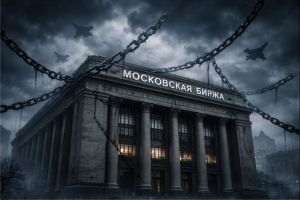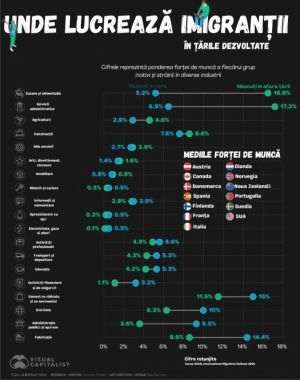Andreea Arăboaei
As the number of customers to the privately managed mandatory pension funds (Pillar II) having empty accounts has increased in the last few months, it becomes clear that some employers can no longer pay the monthly contribution, as a result of the economic crisis, said Crinu Andanut, President of the Romanian Privately Managed Pension Funds Association (APAPR).
He added that the rising unemployment rate was starting to bear effect on the privately managed mandatory pensions market as the average value of the monthly contributions was decreasing. Empty accounts counted in April 2009 equalled over 27% of the total, compared to 23% in May 2008, when privately managed pension funds became available.
An increasing number of bankruptcies and more frequent use of fiscal credit are the main factors leading to an increase in the number of empty pension accounts, the APAPR president explained. Nevertheless, salary raises and an unexpected increase in the number of new customers to Pillar II pensions are offsetting the ill effects of the crisis as the monthly volume of contributions paid to such funds remains relatively constant.
Referring to the optional private pensions market (Pillar III), Andanut explained that some customers had come to a point where they could no longer pay their contractual contributions. A slight decline in the collection of monthly contributions for optional private pensions has been confirmed, especially for individual customers. As the sums available for investments are reduced, the pension fund management firms do not have too much room for manoeuvring and diversifying their portfolio, so, for the time being, the yield is smaller than it is on Pillar II.
• Some management firms will have to cut share capital to remain legally compliant
Some pension fund management firms will have to reduce their share capital by the amount of the accounting losses incurred generated by the cost of starting operations in 2008, when the privately managed mandatory pension fund system started in Romania. This is the result of the legal obligation to book start-up costs as losses and the legal obligation to maintain a ratio higher than 0.5 between equity and share capital, according to the APAPR president. Andanut denied rumours that this measure would lead to capital exits from Romania, as it was a purely accounting procedure. Additionally, the money cannot possibly exit Romania because it has already been spent.
According to APAPR, accounting losses do not affect the financial and operational soundness of the management firms which still have a total capital of 400-500 million RON to support future operations, even after the major investments made in 2007 and 2008. "There will be no actual capital exit from Romania. We are talking about losses incurred by the management firms, not the funds. The assets of the management firms are completely separated from the assets of the pension funds. The pension funds are profitable," the APAPR president added.
Private pension fund management firms in Romania have so far invested 1.6 billion RON, of which 1.1 billion RON has been booked as losses. The money was actually spent on acquisitions, marketing, advertising and various operations related to the start-up of the privately managed mandatory pension fund system last year. The management firms estimate that they will recover their investments in 15 years, according to APAPR, who stressed that the losses had been incurred exclusively by the management firms, not the funds.
"These accounting losses do not affect the financial and operational soundness of the management firms, who still have total capitals of 400-500 million RON to support future operations, even after the massive investments made in 2007 and 2008," the presentation further indicates. Although the initial projection showed that the investments would be recovered in approximately 10 years, changes on the market, the decision to freeze the mandatory contribution to the privately managed pension funds at 2% of the gross salary and regulatory accounting changes have led to a five-year extension of the investment recovery window.























































